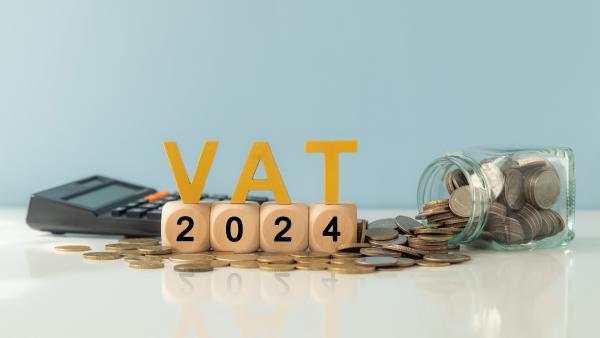
VAT threshold changes do not go far enough, says ATT
Increasing the VAT threshold to £90,000 does not address wider issues which prevent businesses wanting to cross the threshold and inhibit growth, says the Association of Taxation Technicians (ATT).
At today’s Spring Budget1, it was announced that the point at which businesses have to become VAT registered will increase from £85,000 to £90,000 from 1 April 2024. The threshold had been frozen since 2017, and would be around £110,000 had it risen in line with inflation during that time.
In 2018, the Treasury consulted on whether the VAT threshold could better incentivise the growth of businesses, following concerns that its cliff edge nature distorts taxpayer behaviour.2 However, no changes were made as a result of this consultation.
Senga Prior, Chair of the ATT Technical Steering Group, said:
“While today’s announcement may give businesses approaching the threshold a small amount of headroom, it doesn’t address the root causes which make businesses reluctant to cross it in the first place.
“A key cause is fear of being undercut by non-VAT registered competitors, who don’t have to worry about either increasing their prices or somehow absorbing the VAT into their profit margins.
“The relatively high level of the threshold means that many small businesses can earn sufficient income to support themselves without going over it. In order to avoid the costs and administrative burdens of becoming VAT registered, they may therefore choose to keep their turnover below the threshold. This is reflected in the bunching of businesses just below the registration threshold.
“If we don’t address these underlying issues, then increasing the VAT threshold is merely moving the goalposts, and we can expect to see a bunching of businesses just below the new higher £90,000 threshold.”
Alongside the increase in the VAT registration threshold, the de-registration threshold, which determines when a business can deregister from VAT, will also be increased from £83,000 to £88,000.
Senga Prior continued:
“The de-registration threshold narrows down the number of already VAT registered businesses who will benefit from these changes. In particular, those earning between £88,000 and £90,000 who are already VAT registered will need to stay registered, even when the new higher registration limit comes in.
“As a result, the Chancellor estimates that only 28,000 businesses will benefit from not needing to be VAT registered as a result of this change.”
Notes for editors:










